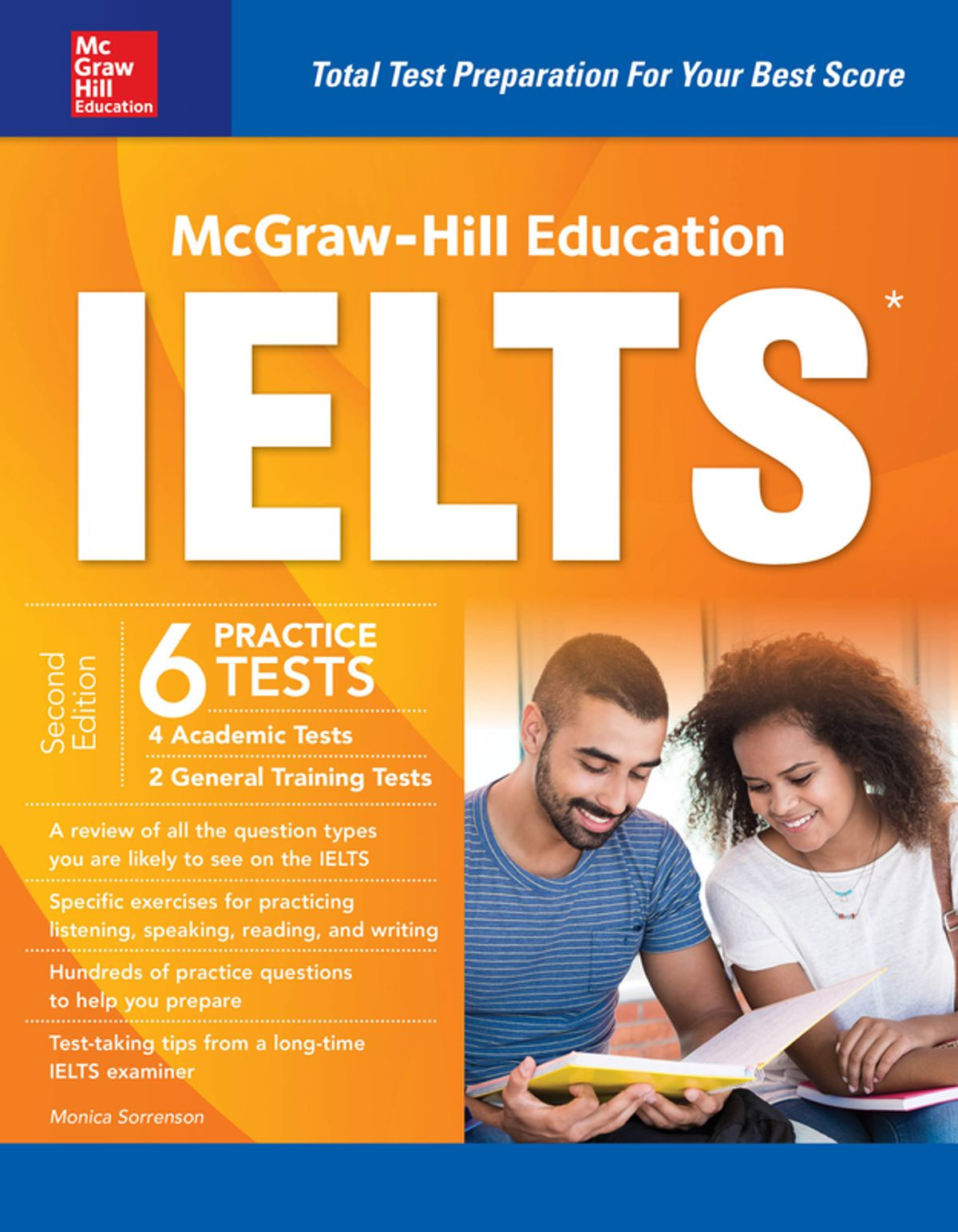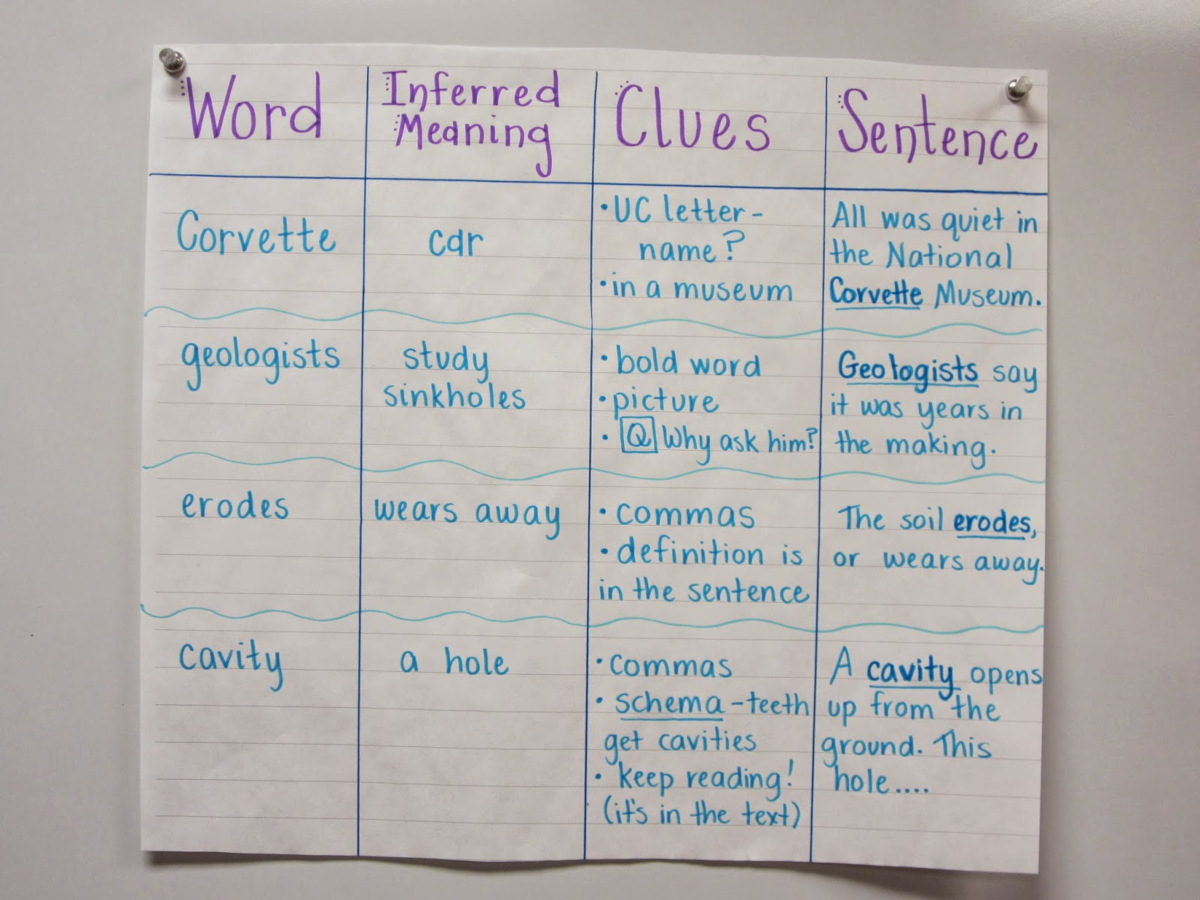
IELTS Speaking Test: Essential Tips to Master the Skill
IELTS Speaking tests the speaking proficiency of the international test-takers. There are three parts of IELTS speaking. The first part is an introductory conversation between the candidate and the examiner. In the second part, the candidates need to speak on a topic given in the cue card. In the third part, the examiner asks the candidate complex questions based on the same topic. Non-native English speakers find it difficult to engage in an English conversation. Therefore, this article offers some of the best IELTS speaking preparation tips to those candidates.

IELTS Speaking Preparation Tips
Candidates will find a few of the best IELTS speaking preparation tips below:
Never Mug Up Answers
The first IELTS speaking preparation tip is never to memorize any answer. The examiner needs authentic speaking responses. They instantly recognize a mugged-up answer and assess the candidate based on that.

Never Use Complex and Unknown Words
Candidates need to be on the safer side and not use any complex words. Candidates are likely to make mistakes when using complicated words. It will lead to a reduced IELTS band score instead of the examiner getting impressed.

Make Use of Grammatical Tools
It is always necessary for IELTS aspirants to practice grammatical structures like simple, complex, and compound sentences. Practice the same while conversing with your friend or simply record your responses. Later on, identify the mistakes from the speaking responses and work on them. It is to be remembered that one of the marking criteria of IELTS speaking is Grammatical Range and Accuracy.

Don’t Focus on Accent
The examiner doesn’t focus much on accents. Since IELTS speaking is a face-to-face exam, the examiner doesn’t face difficulty in understanding. Candidates are suggested to practice speaking by focusing on stress and intonations.

Use Phrases While Thinking
You can pause for a brief time to think about the response. Make use of phrases that provides you time to think the answer like –
- ‘I never really considered that fact…’
- ‘Let me see…’
- ‘That is an interesting question…’
- ‘That is a valid point…’

Refrain from Using Fillers
You should avoid using fillers. Usage of fillers makes you appear as a less confident person. It also shows that the candidate has forgotten what to respond to next. Fillers that should be avoided are:
- ‘Ahh…’
- ‘Umm…’
- ‘You know…’
- ‘Well…’
- ‘Yeah…’

Consistent Speaking Practice
Consistent IELTS speaking practice is all that is needed. By imprinting a new word or proper pronunciation in the mind, the student is strengthened to do what they learn. It also shows that they have made a conscious effort to remember what they have been taught.

Checklist for fluency:
- Practicing speaking for a long time
- To pronounce the sentences, say them out loud in English.
- Make a note about how much you discuss different topics.

Checklist for pronunciation:
- Listen to spoken English (for example, on the radio, TV, or in movies).
- To help you talk in speech groups and use stress and intonation appropriately, repeat sentences after the speaker in videos.
- Listen to yourself and keep track of how much you should say to yourself.

Smiling Benefits Pronunciation
Your pronunciation will improve instantly when you smile. You need to work on clearly enunciating the words. Make sure to spell properly by keeping your mouth wide open. Speaking while smiling results in a prominent voice.

Vocabulary Practice
English students are taught to use words in the right way as often as possible. You can learn to do this by reading often. The better your vocabulary, the more words you have. When reading, pay careful attention to unfamiliar words and mark them. You should try to comprehend its meaning and make a sentence of your own. After that, look up any term in the dictionary. Read and hear difficult materials, so that you are exposed to a large number of new words. Once you’ve mastered the new word, put it to use.
The regular use of new words aids the ability to communicate fluently in English. According to research, a word must be repeated 10 to 20 times in everyday speech.
The phrases used in several academic contexts can be registered using a checklist.

- When recording sentences, double-check the word order with a decent single-language dictionary.
- Make use of a strong monolingual dictionary.
- Make a list of useful expressions that apply to these subjects.
- Avoid memorizing a large number of highly specialized terms.
- Practice speaking and writing in English.
- Use journals, magazines, and news websites for more detail.





